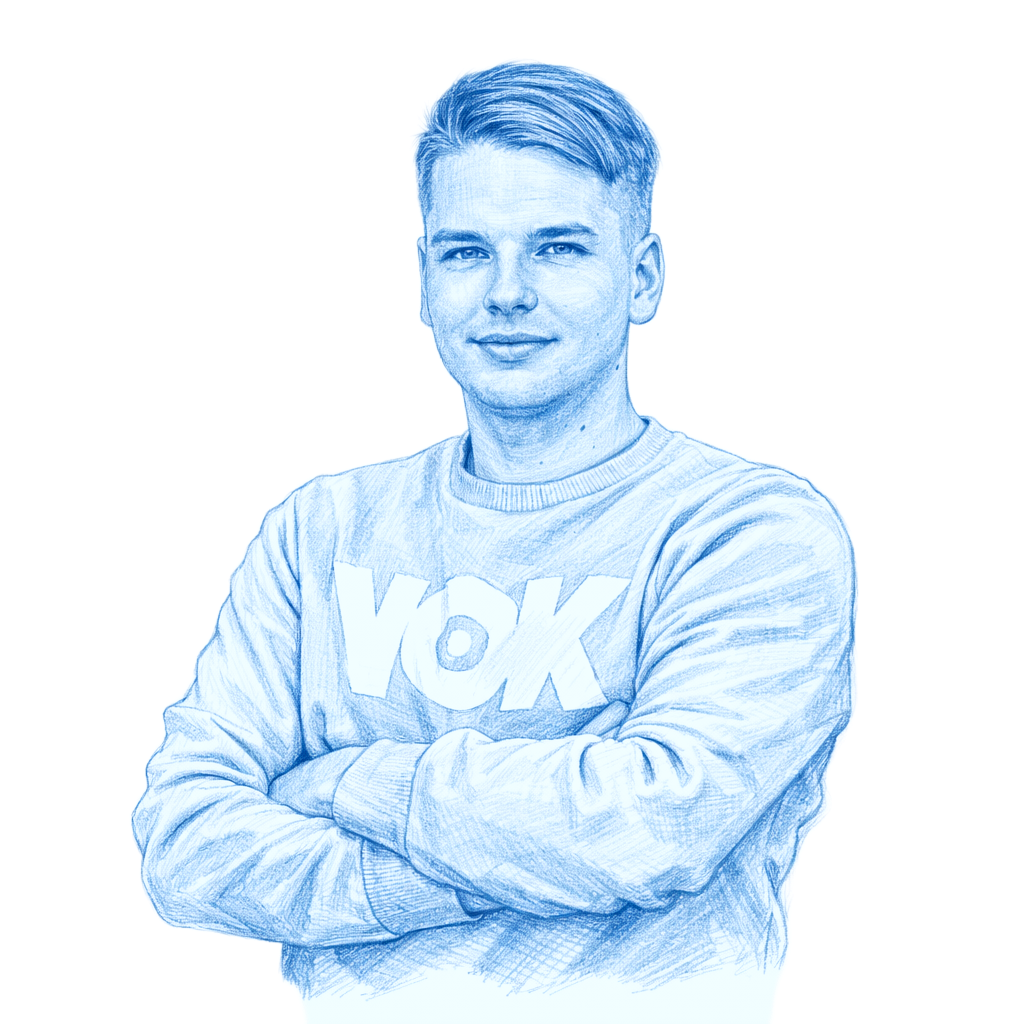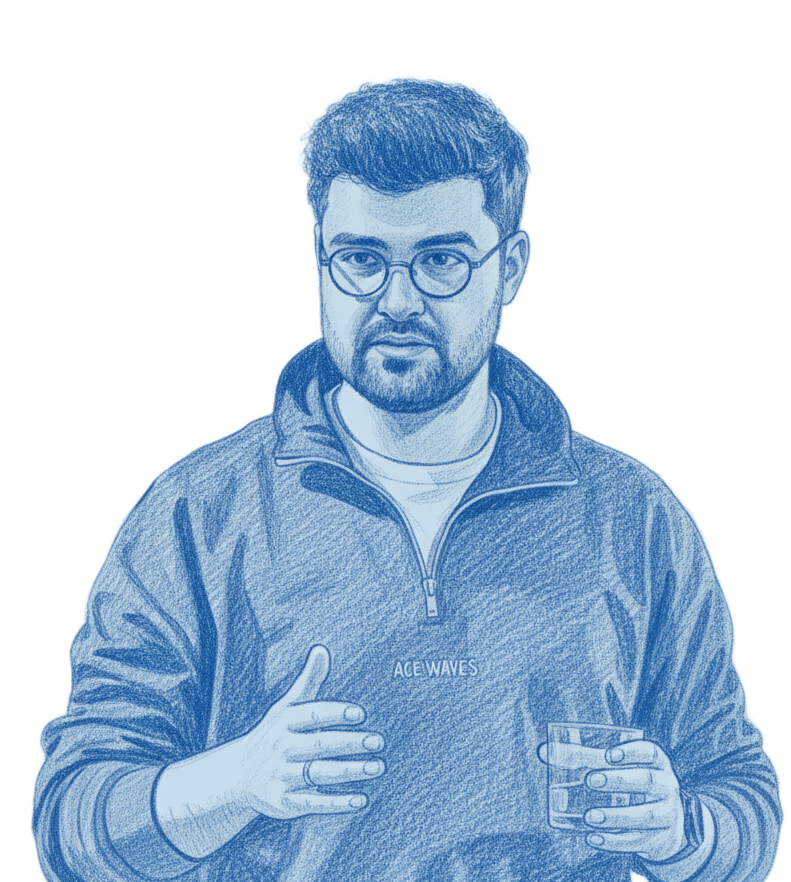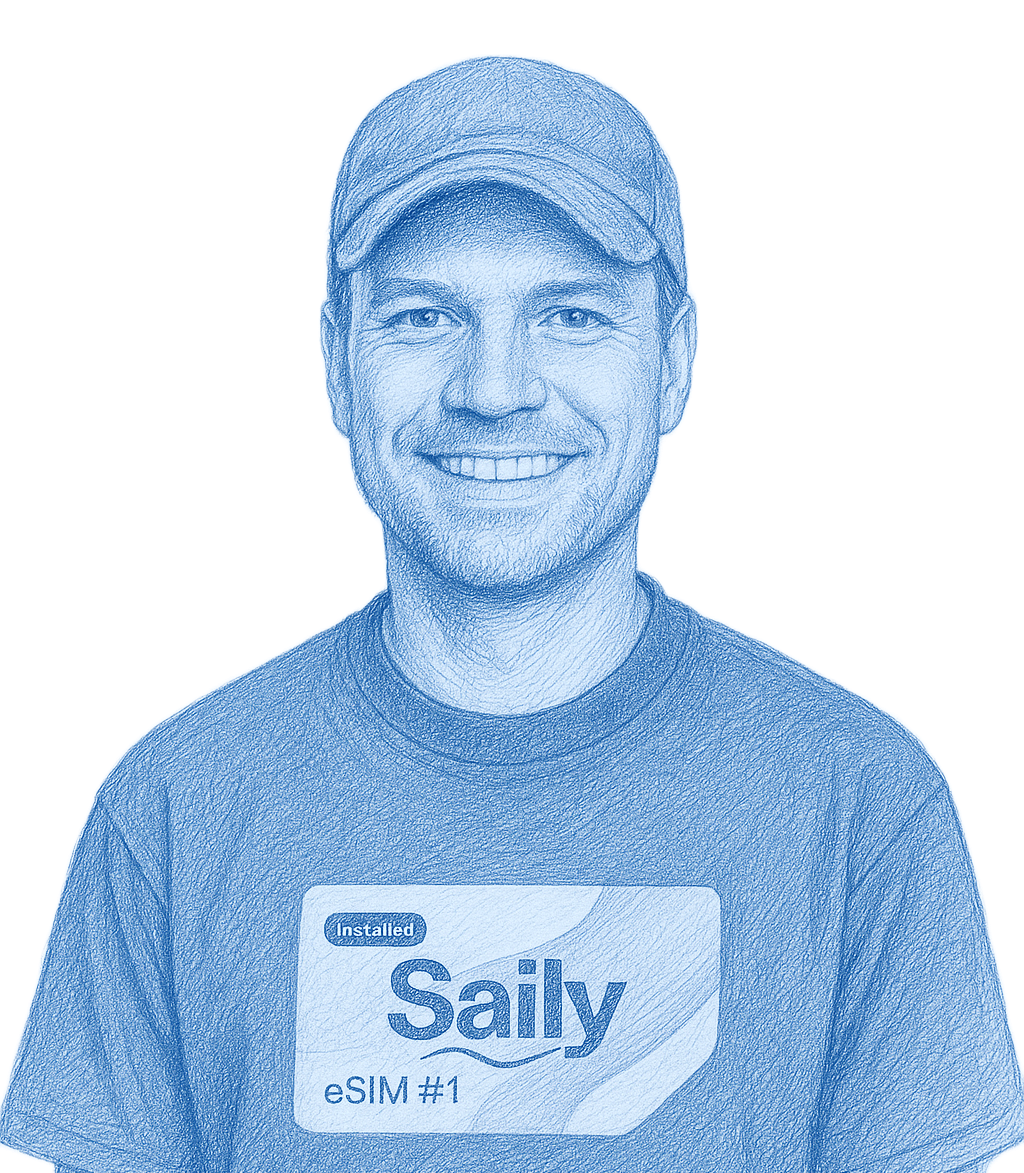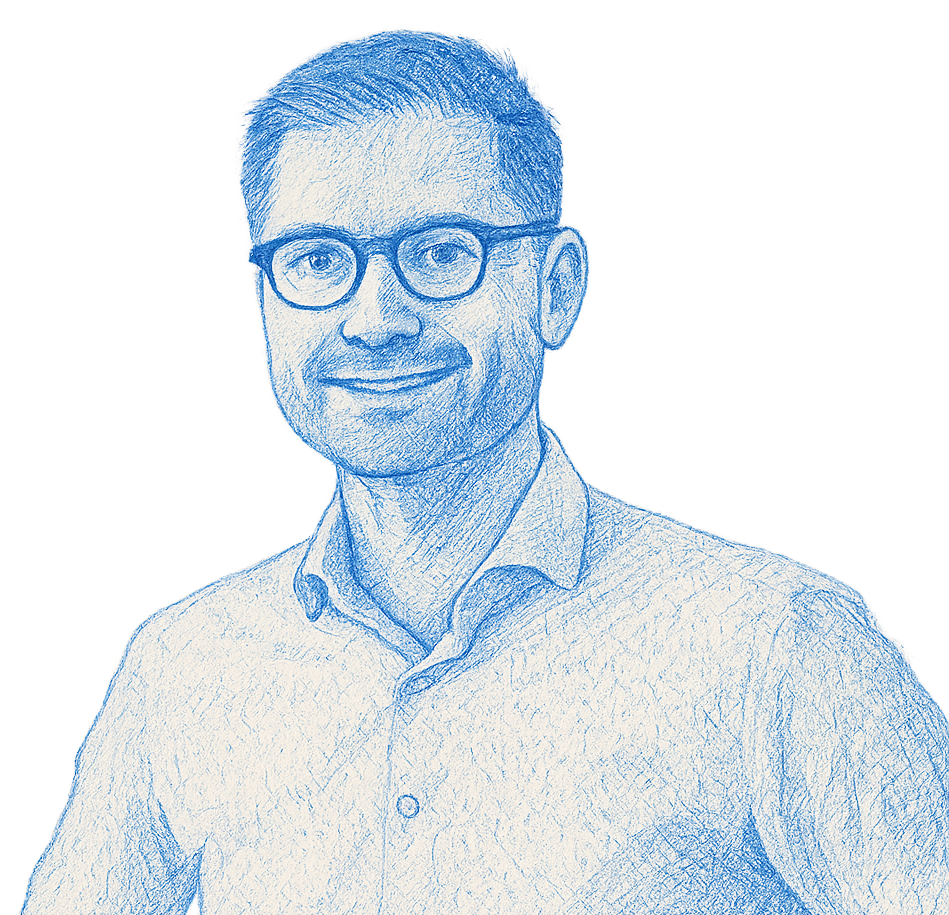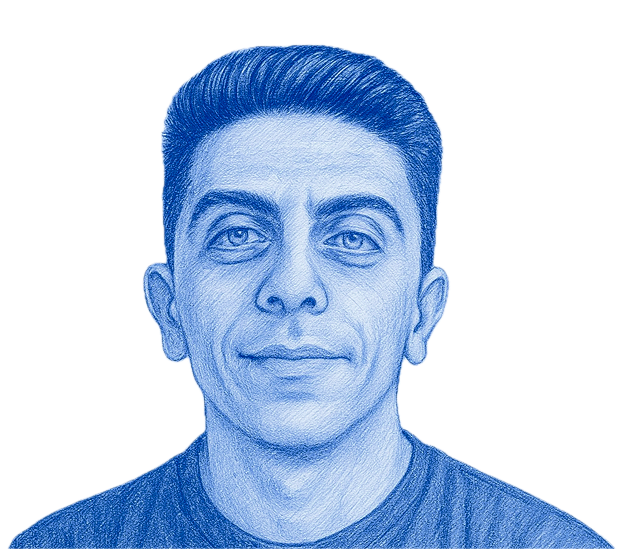
Miks Mikelsons
Co-founder and COO of Emmi AI
What’s your story before Emmi AI - and what led you to co-found it?
MM: I’m a strong believer in the idea that luck is what happens when preparation meets opportunity. If you’re not prepared when the right opportunity comes along, you miss your moment. Among the three Emmi AI co-founders, my background is the least technical - I’m not a scientist or a machine learning expert. I come from an operator’s background, having spent most of my career in operational and business development leadership roles at startups and scale-ups. I first met Dennis at Lokalise, where we worked together on the company’s turnaround. After I wrapped up my time there, Dennis called me and said, “There’s something potentially big happening in Linz, Austria.” That’s when I met Johannes - a true superstar in the field of AI and Simulations. It didn’t take long for me to realize: the opportunity here is massive. It was clear we had the chance to fundamentally rethink how real world engineering works - and that’s not something you walk away from.
What problem is Emmi AI solving, and why does it matter now?
Simulation is the silent engine behind innovation - in aerospace, energy, semiconductors, automotive and beyond. So much so that it became a bottleneck, as today’s simulation tools are complex, require long iterative processes and can’t address the speed modern industries need. Emmi AI is changing that. Simulations that previously took days or weeks now run in seconds - completely transforming what’s possible in real-world engineering. This shift doesn’t just save time. It enables a path to truly intelligent, data-driven digital twins that can learn, adapt, and optimize in real time. We’ve all seen how AI is transforming language, but AI for Physics and Industrial Engineering is just beginning to take off now.
From your experience across the Baltics, what would help our startup ecosystems grow faster?
Overall, I think the Baltic startup ecosystem is developing incredibly fast. If you look at metrics like Unicorns per capita or Capital raised per capita, the Baltics are among the leaders - certainly at the European level.
That said, I believe there’s still room for growth in mindset. I often see founders who are capable and talented, but hesitant to think truly globally - to chase the kinds of opportunities that could place them at the very top of their field. That ambition takes time, experience, and network access - and those are things we’re all still building collectively as an ecosystem.
